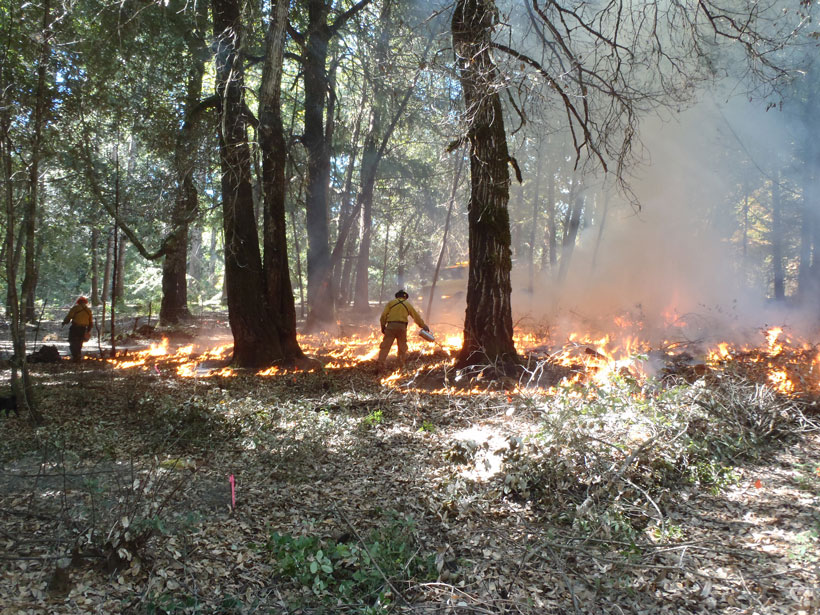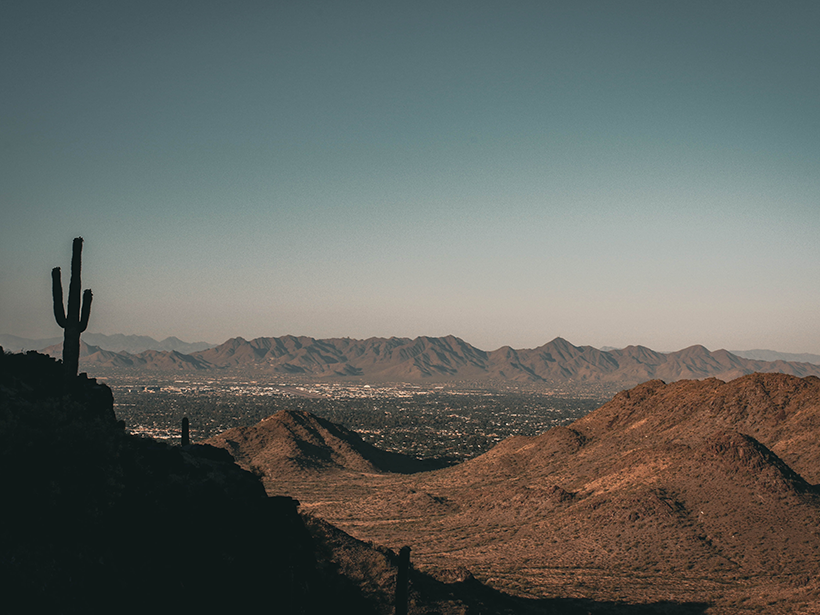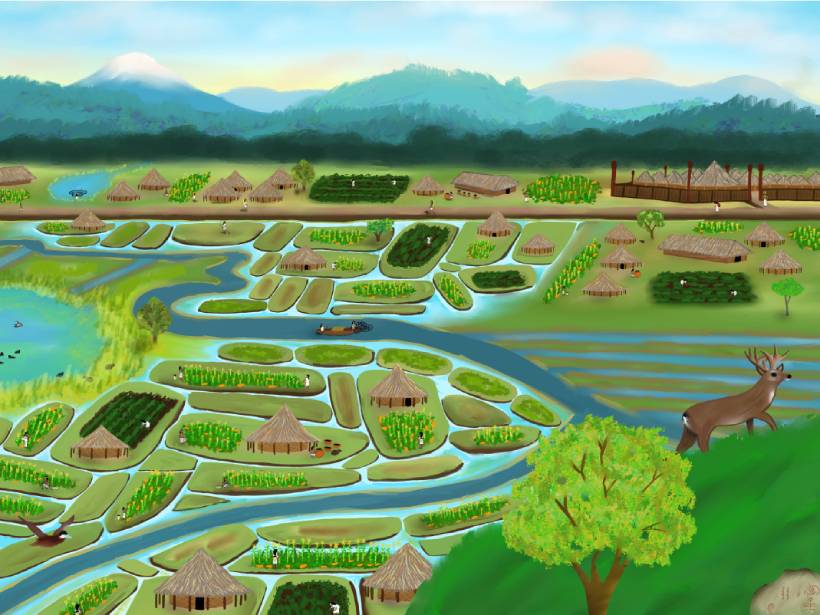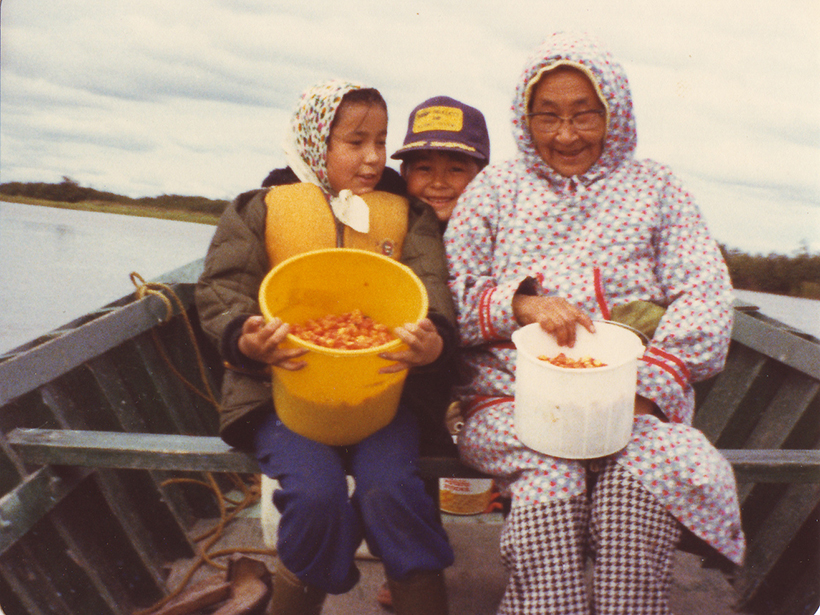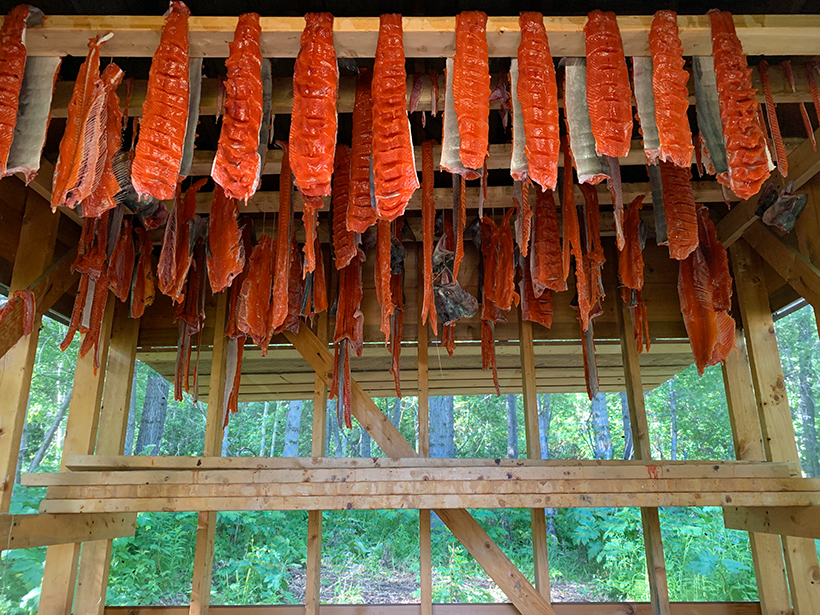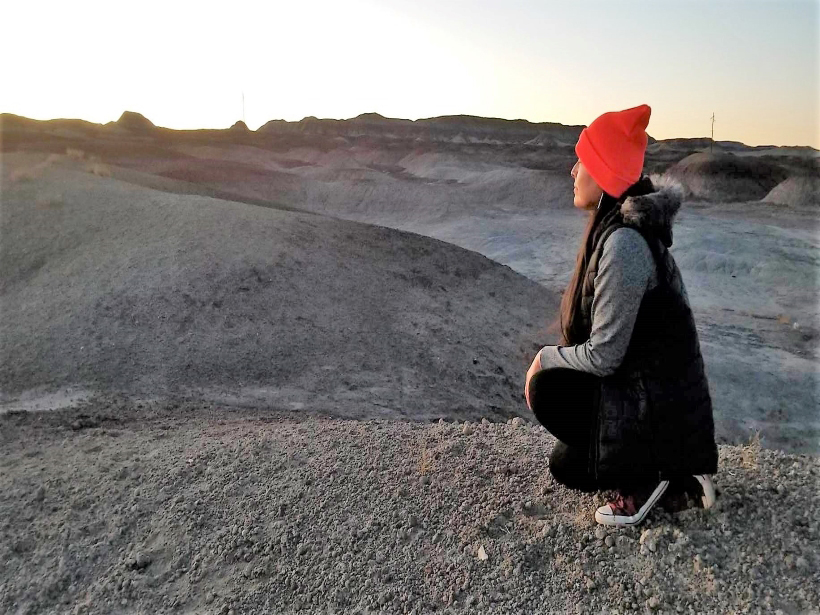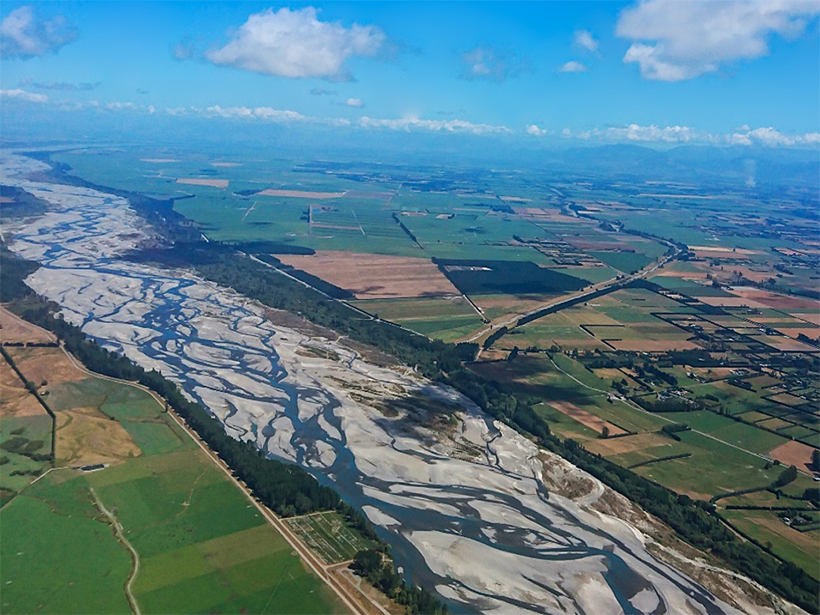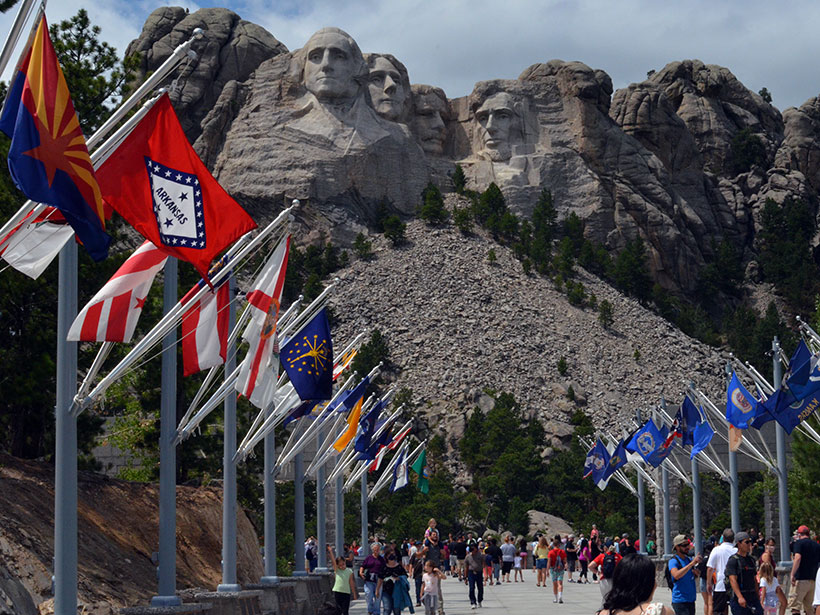For centuries, Indigenous peoples have worked to live in harmony with fire. Can integrating such cultural practices into contemporary wildfire management help prevent catastrophic wildfires?
Indigenous Peoples & Traditional Knowledges
Racist Slurs in Place-Names Have to Go, Say Geoscientists
An open letter from geoscientists supports a bill to remove racist slurs from federally recognized lakes, creeks, canyons, and other small landforms.
Aerial Photographs Uncover Bogotá’s Indigenous Hydraulic System
Complex hydraulic systems built by the Muisca people helped define the vibrant urban wetlands of Colombia’s capital city.
La comprensión de nuestro medio ambiente requiere una cosmovisión indígena
A medida que las comunidades de geociencias y de creación de políticas comienzan a reconocer la importancia de incluir el conocimiento indígena en su trabajo, debemos darle el valor adecuado con tiempo y financiación equitativos.
Taíno Stilt Houses May Have Been an Adaptation to Climate Change
A coastal village in the Caribbean flourished during a period of increased hurricanes. Research suggests the Taíno designed their dwellings to persist through the greater storm surges.
Network Connects Indigenous Knowledges in the Arctic and U.S. Southwest
Indigenous Peoples from the Arctic and the U.S. Southwest have joined together to tackle issues of food sovereignty in two environmental extremes. Their bond led to a swift response to COVID-19.
Contamination of Medicinal Plants: Implications for Indigenous Health
A new study will trace the legacy of uranium mining on commercially available medicinal plants.
Pensando en el Zinc: Mitigando la Exposición al Uranio en la Nación Navajo
En un innovador ensayo clínico se estudia el impacto del zinc en la mitigación de los efectos sobre la salud relacionados con la minería de uranio. Éste se lleva a cabo mediante la “participación bidireccional” entre los Navajos y las comunidades médicas.
The River’s Lizard Tail: Braiding Indigenous Knowledges with Geomorphology
Indigenous Knowledges can be accurate, rigorous, and precise, say researchers in New Zealand, and they can help geomorphologists see landscapes in a new, richer way.
Mount Rushmore’s Six Grandfathers and Four Presidents
Living in Geologic Time: How long will it take for erosion to erase Mount Rushmore?

